It’s time Yes camp goes for broke in Indigenous voice to parliament or there will be no battle left to win
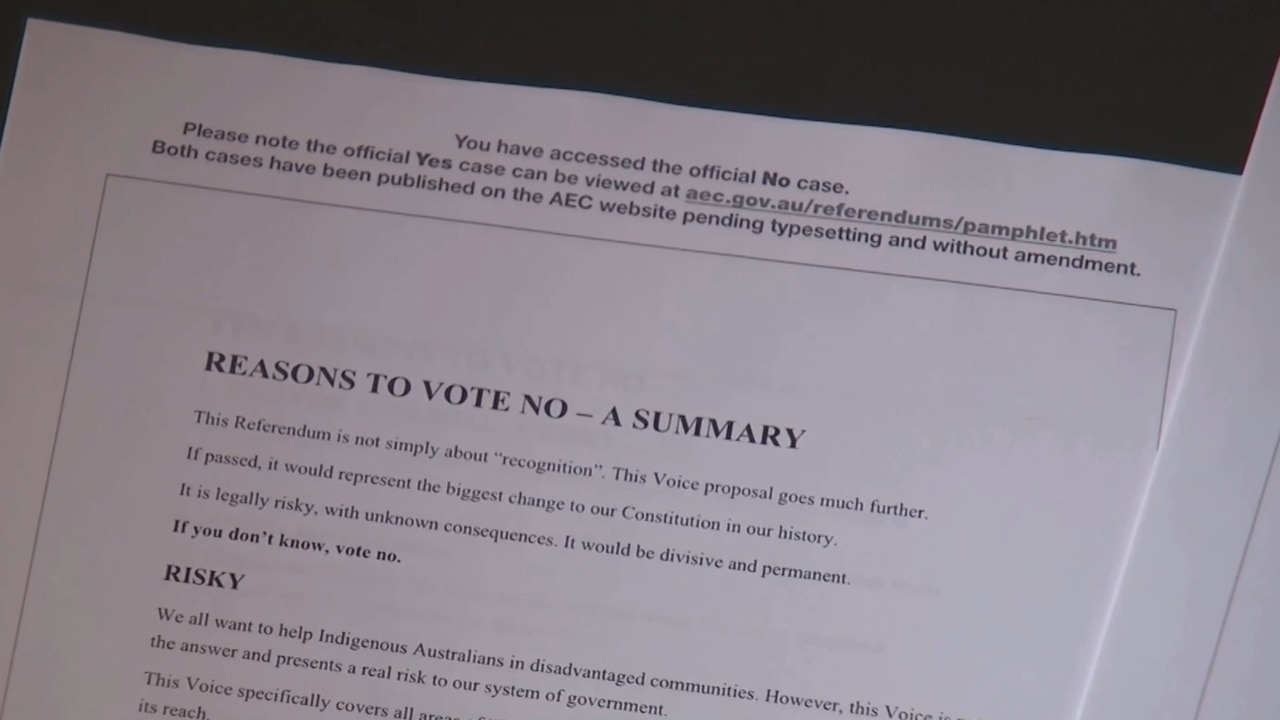
It’s like a Peter FitzSimons book on nano-chemistry. Dear Lord, take me now.
There is an iron-clad tradition when it comes to these pamphlets. The Yes case reads as if it has been written by a sincere final-year law student trying not to upset anyone on the way to a second class honours degree. The No case is written by the Terminator on a very bad day. It is so full of imagined horrors that it would persuade Australians not just to vote No, but to emigrate – and quickly.
The two pamphlets in the voice referendum follow this standard practice, but at a level of intensity unmatched outside a nuclear reactor. The Yes case is so sincere and reasoned you want to slap it. The No case is so vicious you want to get out of the room before it hits you. So, there’s your choice: Harry Potter without the magic, or Voldemort without the sense of humour.
One of the problems is that it is so much easier – and so much more fun – to write a No case. You don’t actually have to persuade anyone. You just have to scare them beyond bowel control. Or, alternatively, so confuse them that they vote No out of temporary insanity. No argument is too crazy, no example too egregious, so long as it provokes the constitutional equivalent of mad cow disease.
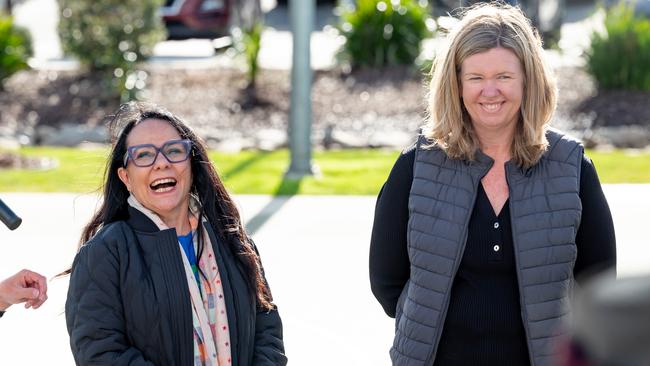
Take my favourite monarchist argument from the republican referendum. If we become a republic, it argued, we’ll be thrown out of the Commonwealth. Don’t worry that almost all the members of the Commonwealth already are republics, so the threat is non-existent.
But people fastened on the scare and voted No in droves. Why did they care about the moth-eaten Commonwealth? Because we get to compete in swimming events against countries that can’t afford swimming pools – and without the USA and China. Stirring stuff. It’s hard to pick out a favourite scare monster from the voice No case because there are just so many. This is a team of anti-champions. According to the likes of Senator Jacinta Nampijinpa Price, the voice is legally unsound, lacking in detail, racially divisive, unequal, will provide no practical help to Indigenous Australians, produce chaotic government, be costly and bureaucratic, encourage Indigenous activism, ignore local communities and stifle innovation. It also will cause halitosis and failure of the national daffodil crop.
There is some pretty-nasty dingo whistling. Australia Day and the national flag are doomed. Australia will have a Treaty of Versailles with its own Indigenous citizens. There will be “reparations” for the taking of land and culture. It doesn’t matter that any government standing on such a platform would face a mass loss of electoral deposits. In the Gothic horror world of No, all these disasters will occur the day after a successful referendum.
The No pamphlet is very fond of quotes to prove their points. Not just quotes from people who actually agree with them, but quotes from their opponents, twisted out of context or meaning. It’s like Lenin perusing the United States Constitution to find the odd useful phrase or apostrophe.
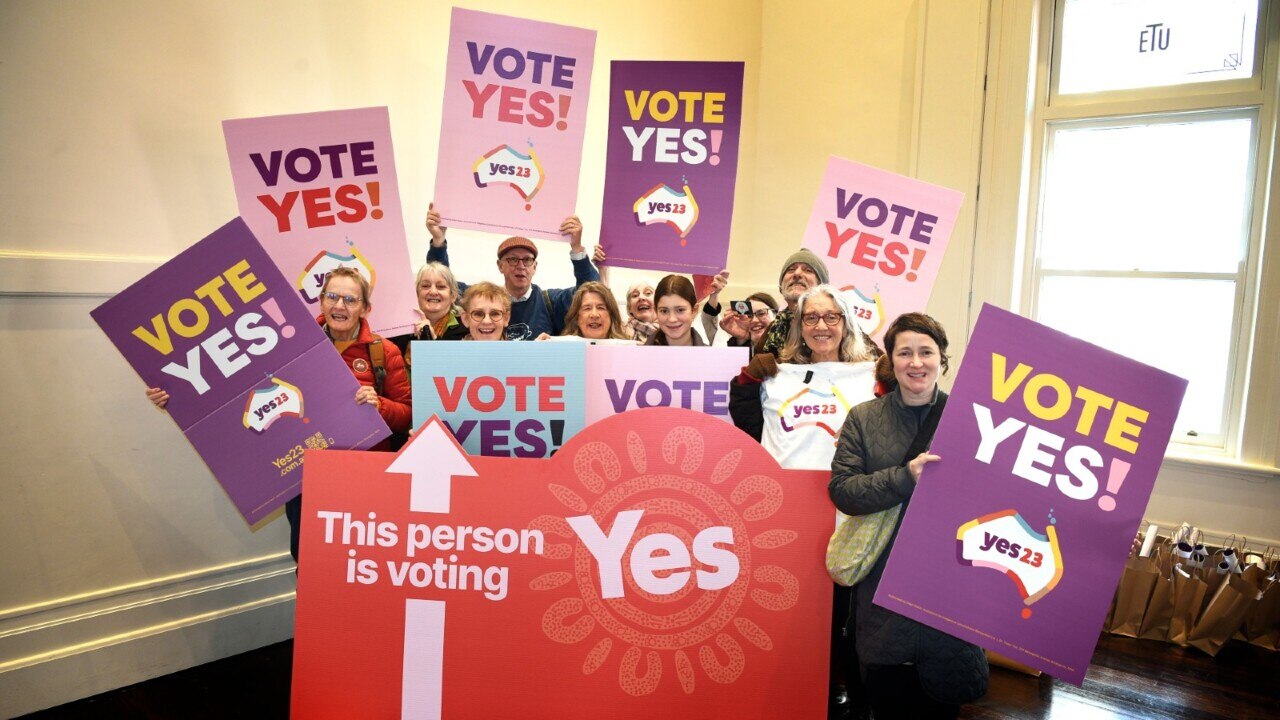
So Yes proponents like Megan Davis, Thomas Mayo and Teela Reed are all wheeled out like captured monsters. That’s bad enough, but what about me? My past drafting criticisms of the amendment are proudly displayed with less context than a personal profile on a dating app. Context like the fact that I have always supported the voice. That I have always said that I will campaign for it despite any niggling drafting issues. That when you have to choose between constitutional justice and grammar, you go with justice every time.
It’s not just that the use of my quotes is misleading. I am personally hurt, and feel I am not in a constitutionally safe environment. I may need trauma counselling.
The big hurdle for the Yes case overall is that given a public choice between a disaster story and a polite exposition, there is an awful lot of appeal in a train wreck. The same applies to its pamphlet. It is almost too reasonable. It actually tries to make an extended, coherent argument. It (sort of) has a beginning, a middle and an end. It is (within political limits) logical.
It is not trying to slam dunk the vote for Yes, but to provide a stable platform for a Yes referendum. It is a launching pad for modest constitutional missiles, not the missiles themselves.
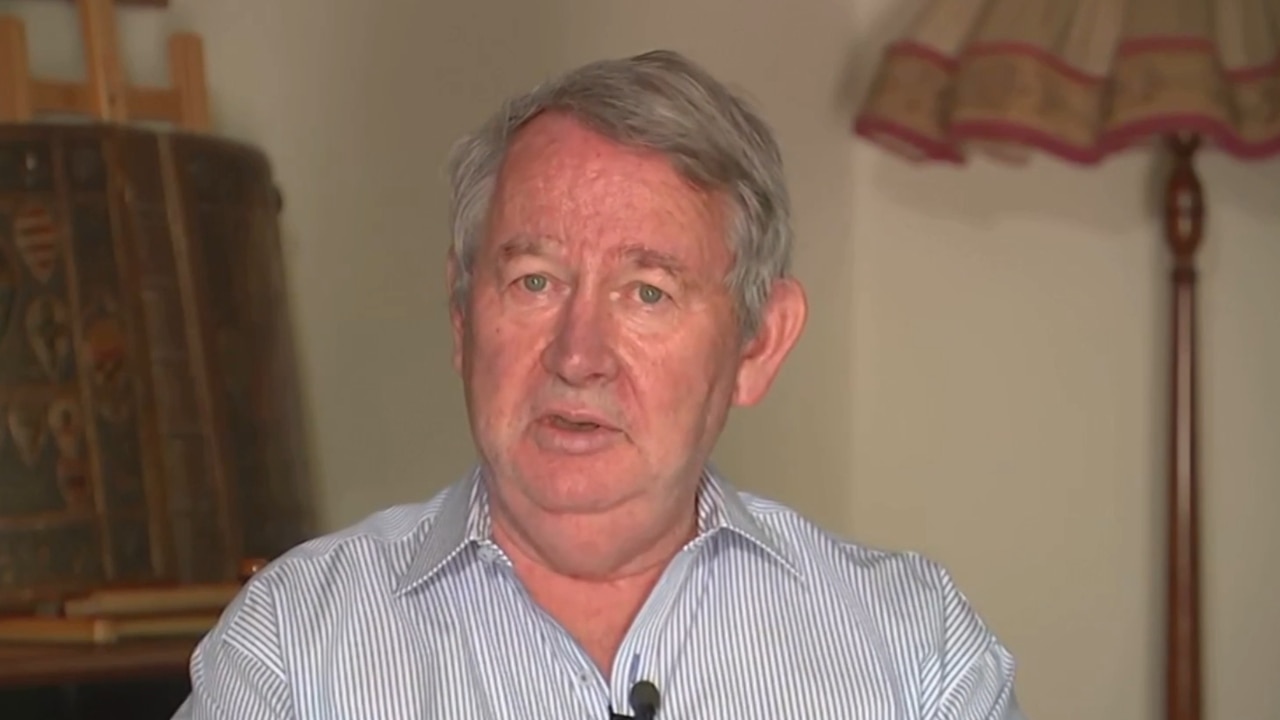
The unavoidable trouble is that this stretches the Yes case out like a very well-behaved rugby line of backs facing a pack of ill-tempered, none too scrupulous and very big forwards. If the brutes run through the line of moderation at any point, the whole thing crumbles.
The good thing about the Yes pamphlet is that it does at least ditch some of the Yes case’s worst oratorical baggage, and attempts to deal with some of its most obvious challenges.
For example, Anthony Albanese’s melodramatic appeals to the gods of history are barely discernible. But there is quite a lot of stuff about common fairness and justice. More practically, the pamphlet suggests the Yes side has at last accepted that they must show the voice will make a practical difference, though a few examples do not a referendum make. What the two pamphlets really do show is the same thing as the polls. This is a real, live, nasty referendum. The Yes side is not simply going to roll over a flurry of hicks yet to discover social media.
That lesson is as brutal as the No case itself. So far, the Yes side is losing badly. The argument of hope is that it has some very big guns, and that they are not yet deployed. They had better be wheeled up quickly, or there will be no battle left to win
Emeritus professor Greg Craven is a constitutional lawyer.

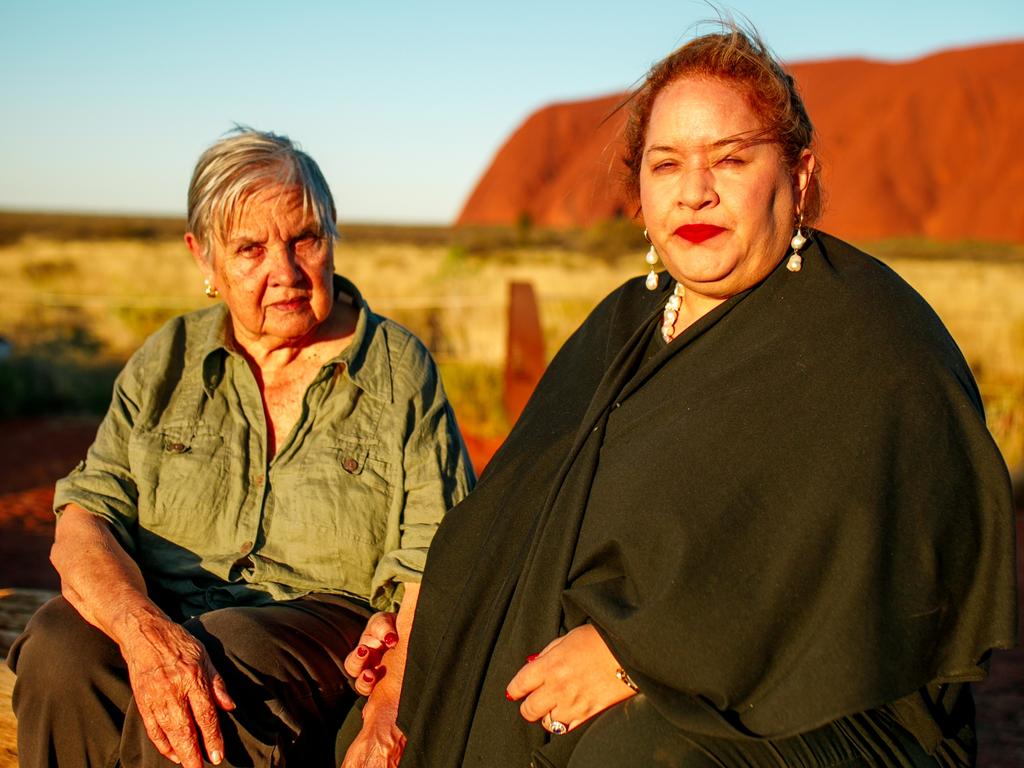


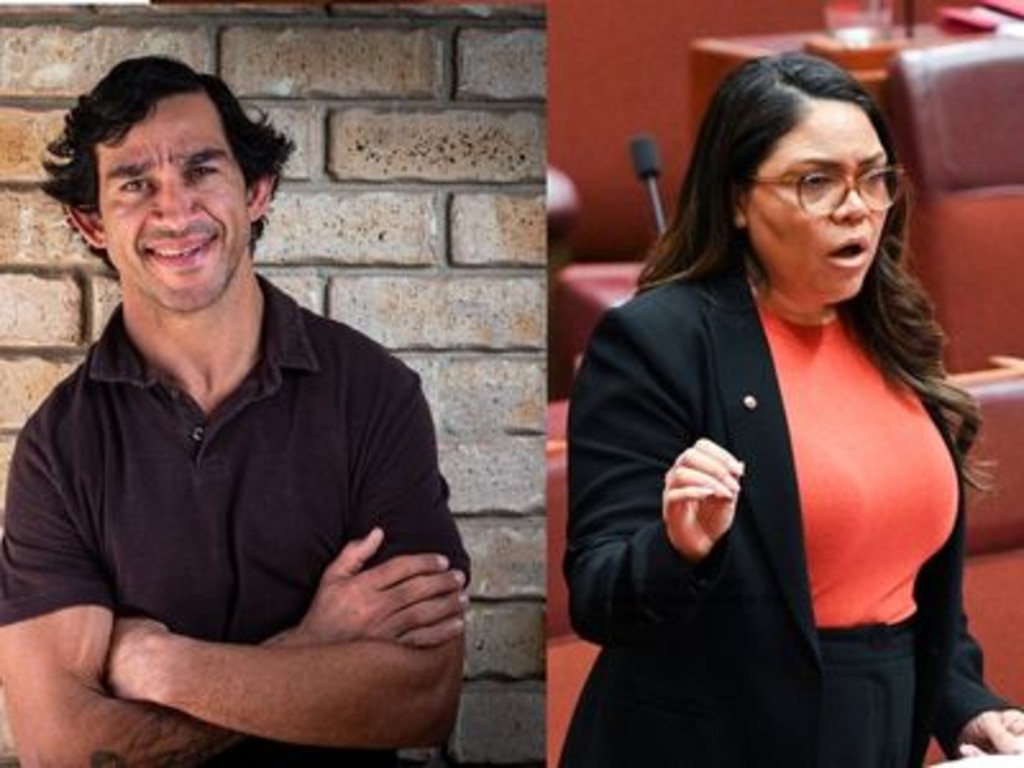


There are few more deadly reads than the Yes and No pamphlets in a referendum. Brave men have gouged out their own eyes rather than go past the first page.